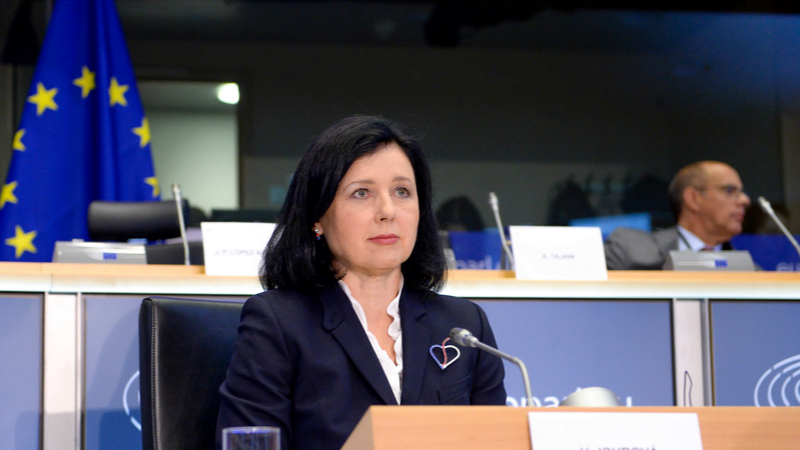The unprecedented “infodemic” that emerged during the pandemic has reinstated the need for quality journalism, according to European Commission Vice President for Transparency Věra Jourová.
In a speech on countering disinformation, Jourová said journalism was necessary to provide reliable and accurate information and to scrutinise the measures taken in response to the global health threat.
“This crisis showed us once again that social media is not a replacement for quality journalism,” she said, explaining that the pandemic served as a reminder on the issues of misinformation, disinformation and digital hoaxes.
These can cause confusion and distrust to the extent that it undermines an effective public health response.
The need for experts’ information has increased significantly in light of the pandemic, Jourová said, in what she described to be a “welcome shift”.
The Shift had reported how, during the pandemic, disinformation outlets were churning out false stories about the virus, that aimed to offer consolation to their domestic audience that the democratic system was failing.
However, false narratives were not the only form of disinformation mentioned by Jourová, who said the pandemic also presented “bad actors” who “want to exploit the crisis for economic or political gains”. “They want to divide us, sow division, instil fear and even put lives at risk,” she warned.
To counter disinformation, a holistic approach is required that includes equipping authorities and improving cooperation among EU Member States, engaging civil society, and supporting free and independent media, among others.
“We need to ensure transparency and accountability. Citizens need to know how information is reaching them and where it comes from. And we need to invest in a society that is media savvy and critical. Media literacy and digital skills need to improve to ensure a more resilient society,” she said.
A public consultation exercise on the Digital Services Act has been launched, and the Commission was working on the European Democracy Action Plan. They will be “key vehicles” in improving the situation and give some regulatory ideas on how to move forward in the debate on disinformation and online responsibility.
Jourová said her aim was to improve the accountability and responsibility of online players, to help improve the resilience of democracies and to address threats, including that of external interference in European elections.
“It’s time to learn the lessons and to improve our digital environment, so our democracies can also flourish online,” she said.
Jourová also praised social media platform Twitter for its recent introduction of fact-checkers and notifications on violations to the platform’s policy on the tweets of US President Donald Trump.













